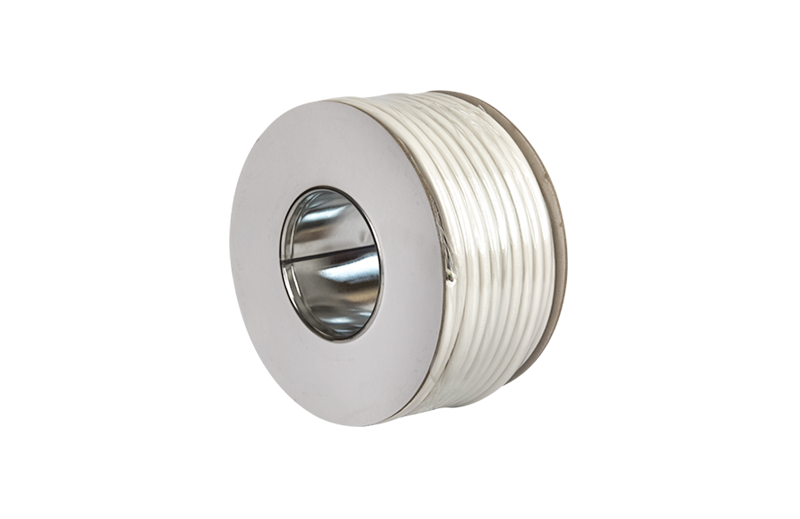Summary:Control cable wire differs from other types of wires in several ways:
Purpose: Control cable wire is specifically designed for transmitting control si
Control cable wire differs from other types of wires in several ways:
Purpose:
Control cable wire is specifically designed for transmitting control signals and electrical power between different components of a system, such as machinery, equipment, or automation systems. Other types of wires may be designed for different purposes, such as transmitting data (like Ethernet cables), providing power (like electrical cables), or carrying audio/video signals (like coaxial cables).
Construction: Control cable wire is typically constructed with multiple conductors bundled together within a single outer jacket. Each conductor may serve a different function, such as carrying power, ground, or specific control signals. Other types of wires may have different constructions depending on their intended use, such as single-conductor wires for power distribution or twisted pairs for data transmission.
Insulation and Shielding: Control cable wire often features insulation and shielding designed to protect the conductors from electrical interference, noise, and environmental factors. This insulation and shielding help ensure reliable transmission of control signals. In contrast, wires used for other purposes may have different types of insulation and shielding tailored to their specific application requirements.

Flexibility and Durability: Control cable wire is typically designed to be flexible and durable, allowing it to withstand repeated bending, twisting, and movement without damage. This is important for applications where the wire may need to move or flex during operation. Other types of wires may have different levels of flexibility and durability depending on their intended use.
Connector Compatibility:
Control cable wire often uses specific types of connectors designed for industrial or automation applications, such as terminal blocks or multi-pin connectors. These connectors are chosen for their reliability and compatibility with control systems. In contrast, other types of wires may use different types of connectors depending on their application, such as USB connectors for data cables or power plugs for electrical cables.
